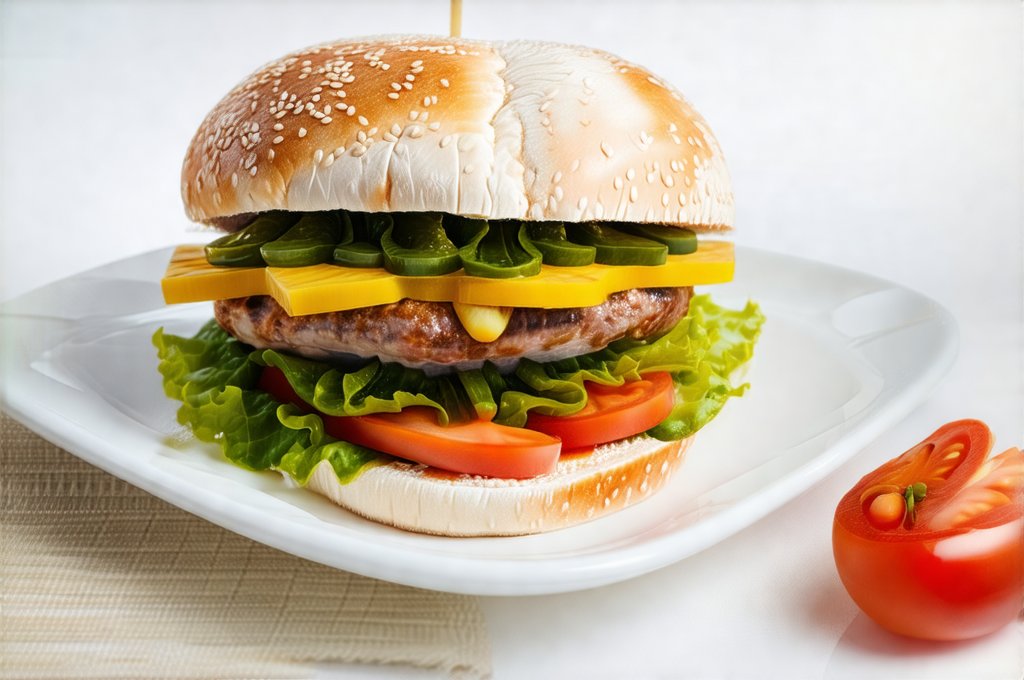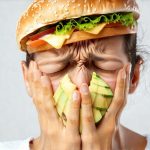Gastroesophageal reflux disease (GERD) is often associated with heartburn and acid indigestion – symptoms many readily recognize. But beyond these common manifestations lies a more subtle, yet deeply impactful consequence: loss of appetite. This isn’t simply disinterest in food; it’s a complex interplay between physical discomfort, psychological anticipation of pain, and ultimately, a learned aversion to eating that can significantly diminish quality of life. The anxiety surrounding meals, the fear of triggering reflux, and the subsequent reduction in nutritional intake create a vicious cycle that deserves understanding and proactive management. It’s important to remember that GERD’s impact extends far beyond digestive symptoms; it deeply affects our relationship with food, social interactions centered around eating, and overall well-being.
This article delves into the connection between GERD and loss of appetite, exploring the mechanisms at play, the psychological factors involved, and strategies for regaining a positive – or at least neutral – experience with mealtimes. We will unpack how chronic reflux can create anxiety around food, leading to decreased consumption and potential nutritional deficiencies. Understanding this link is crucial for anyone experiencing these challenges, as it opens doors to more holistic approaches to managing GERD that address both the physical and emotional aspects of the condition. This isn’t about eliminating all enjoyable foods; it’s about finding a balance between symptom management, mindful eating, and reclaiming the pleasure associated with nourishment. If you are fearing food without reason, understanding these connections can be beneficial.
The Physiological Link Between GERD and Appetite Suppression
The direct physiological effects of GERD can contribute significantly to reduced appetite. Frequent acid reflux irritates the esophagus, causing inflammation and discomfort. This chronic irritation isn’t just a momentary burning sensation; it alters esophageal sensitivity. Over time, even small amounts of food or liquid can trigger pain signals, leading to a conditioned aversion to eating. The body essentially learns to associate food with unpleasant sensations, initiating a protective response that manifests as loss of appetite. It’s not necessarily about feeling full; it’s about anticipating discomfort.
Furthermore, the inflammation caused by GERD can affect the stomach’s ability to function optimally. Chronic exposure to acid can impair gastric emptying – the rate at which food moves from the stomach to the small intestine. This delayed emptying leads to bloating, fullness, and a feeling of being uncomfortably satiated even after eating only a small amount. The vagus nerve, critical for signaling hunger and satiety, can also be impacted by chronic inflammation, further disrupting normal appetite regulation. Essentially, GERD throws off the body’s natural cues related to hunger and fullness, making it difficult to recognize or respond appropriately to genuine nutritional needs.
The persistent discomfort from GERD often leads to changes in eating behavior. Individuals may start consuming smaller portions, avoiding certain foods perceived as triggers, or even skipping meals altogether to minimize symptoms. This reduction in food intake can lead to a cycle of malnutrition and weakened esophageal defenses, exacerbating the underlying GERD symptoms – creating a frustrating and self-perpetuating problem. Addressing this requires recognizing that appetite loss isn’t simply a lack of desire for food; it’s often a protective mechanism triggered by chronic discomfort. If you are unsure if your reactions are due to food or stress, seeking professional help is important.
Understanding the Role of Psychological Factors
Beyond the physiological aspects, psychological factors play a substantial role in GERD-related appetite loss. The anticipation of pain or discomfort during and after meals can create significant anxiety – leading to what is sometimes described as food fear. This isn’t a formal phobia, but rather a learned association between food and negative experiences. Individuals may begin to dread mealtimes, experiencing pre-meal anxiety that further suppresses appetite. This anxiety can manifest in several ways:
- Increased heart rate
- Sweating
- Restlessness
- Negative thoughts about potential symptoms
This cycle of anticipatory anxiety is often amplified by past experiences with reflux episodes. Remembering a particularly painful episode can trigger anxiety even before the first bite, making it difficult to relax and enjoy food. This phenomenon highlights the strong mind-body connection in GERD and emphasizes the importance of addressing psychological factors alongside physical treatments.
Moreover, GERD can impact social interactions surrounding food. Dining out or attending gatherings where food is central can become sources of stress and anxiety. Individuals may avoid these situations altogether to prevent potential discomfort, leading to social isolation and diminished quality of life. The fear of experiencing a reflux episode in public can be incredibly debilitating, reinforcing the avoidance behaviors and contributing to further psychological distress. It’s crucial to acknowledge that GERD isn’t just about physical symptoms; it impacts emotional well-being and social connections.
The development of negative thought patterns around food is also common. Individuals may catastrophize potential outcomes – imagining the worst possible reflux scenario with every meal. This negative self-talk reinforces anxiety and further suppresses appetite. Cognitive behavioral therapy (CBT) can be a valuable tool in addressing these thought patterns, helping individuals challenge negative beliefs and develop more adaptive coping mechanisms. Breaking the cycle of food fear requires acknowledging the psychological component of GERD and seeking support to manage anxiety and negative thoughts. It’s important to consider if you are reacting to food or environment as well when assessing your triggers.
Strategies for Reclaiming Your Relationship with Food
Re-establishing a healthier relationship with food when living with GERD involves a multi-faceted approach that combines dietary modifications, lifestyle adjustments, and potentially, behavioral therapies. It’s important to start small and focus on gradual changes rather than attempting drastic overhauls. Here are some steps to consider:
- Dietary Adjustments: Identify and minimize trigger foods. This is highly individual, but common culprits include fatty foods, spicy foods, caffeine, alcohol, chocolate, and acidic fruits/vegetables. A food diary can be incredibly helpful in pinpointing specific triggers.
- Meal Timing & Size: Eat smaller, more frequent meals throughout the day rather than large portions less often. Avoid eating close to bedtime – allow at least 3 hours between your last meal and lying down.
- Mindful Eating Practices: Focus on savoring each bite, chewing thoroughly, and paying attention to fullness cues. This helps slow down consumption and reduces the likelihood of overeating or triggering reflux.
Beyond these practical steps, consider exploring techniques to manage anxiety surrounding food:
- Relaxation Techniques: Practice deep breathing exercises, meditation, or yoga to reduce overall stress levels and pre-meal anxiety.
- Cognitive Behavioral Therapy (CBT): Work with a therapist to challenge negative thought patterns and develop more adaptive coping mechanisms for managing GERD-related anxieties.
- Gradual Exposure: Slowly reintroduce previously avoided foods in small quantities, gradually increasing the amount as tolerance improves. This helps desensitize you to food triggers and reduces anxiety associated with eating.
Finally, remember that seeking professional guidance is essential. A gastroenterologist can help diagnose GERD accurately and recommend appropriate medical treatments. A registered dietitian can provide personalized dietary advice tailored to your specific needs and tolerances. And a therapist specializing in anxiety or chronic illness can offer support in managing the psychological aspects of living with GERD. Reclaiming your relationship with food isn’t about eliminating all enjoyment; it’s about finding a sustainable balance between symptom management, mindful eating, and overall well-being. If you are struggling with food guilt when living with IBS, many of these strategies can be adapted to help. Understanding the signs of liver failure and when to seek help is also important for overall digestive health. A CT scan of the abdomen may be needed in some cases to diagnose underlying issues. Finally, consider whether you can be sensitive to food texture, as this can influence your eating habits.


















